NIH
-

Invasive strep can defy zinc toxicity
Vanderbilt researchers find that invasive Group B Streptococcus strains, a significant risk to pregnant patients and infants, can grow in presence of toxic zinc levels. Read MoreFeb 28, 2022
-
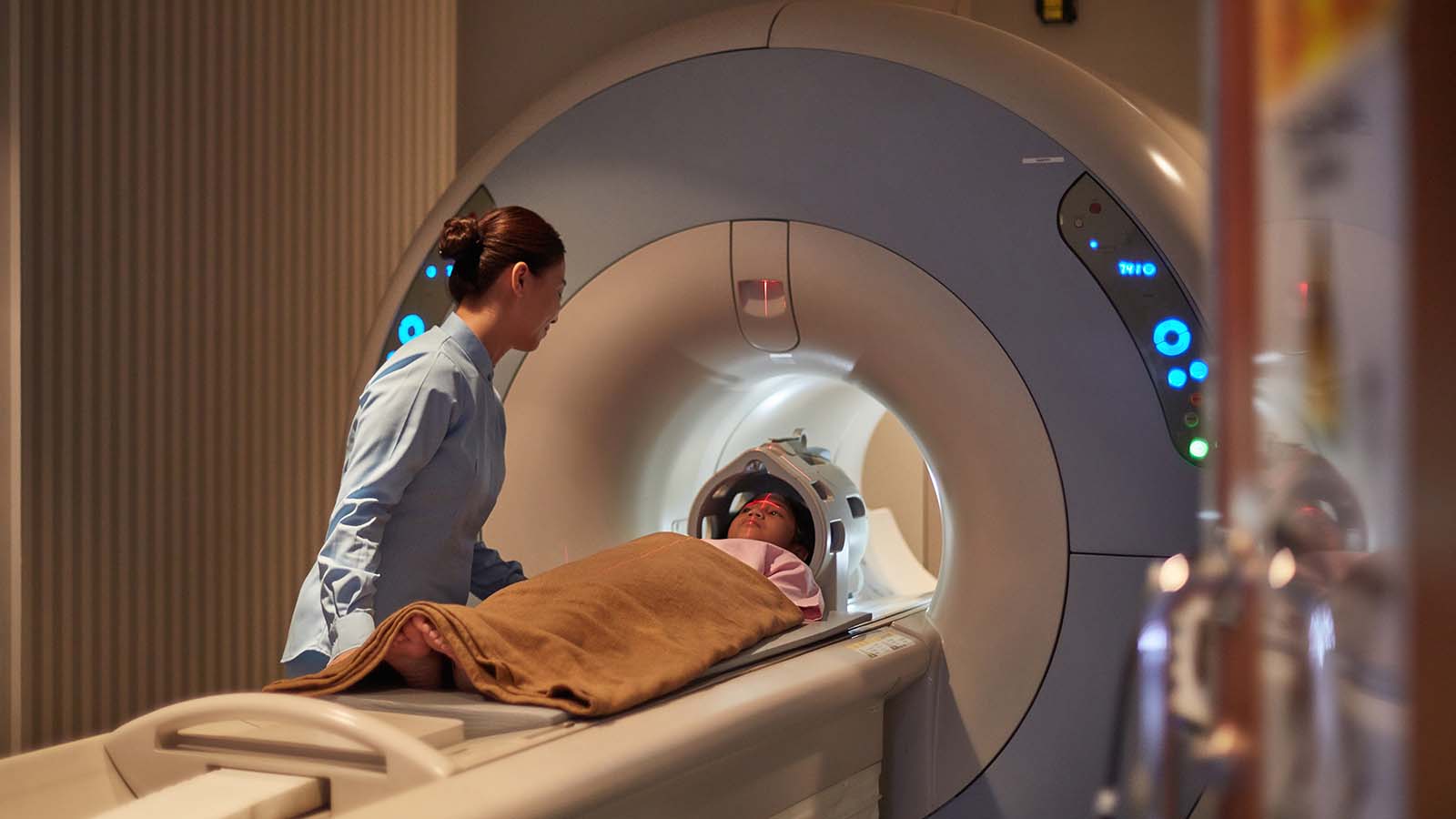
PET imaging probe for Alzheimer’s disease
Vanderbilt researchers report on a new PET imaging probe that will be useful for exploring Alzheimer’s disease pathology. Read MoreFeb 24, 2022
-
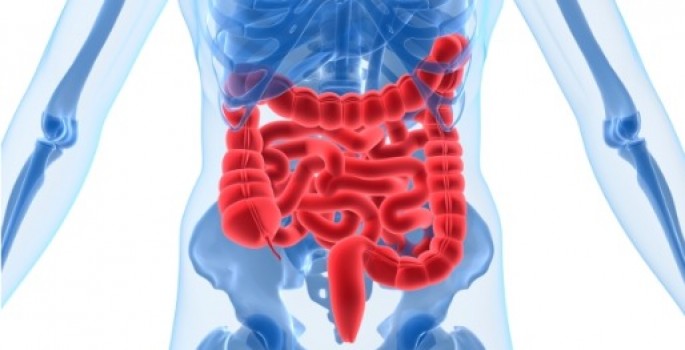
Diverticulitis surgery: guidelines needed
Surgical removal of the colon for recurrent diverticulosis varies by geographic region and is associated with surgeon and hospital factors; stronger national guidelines are needed, Vanderbilt researchers report. Read MoreFeb 10, 2022
-

Impact of digital health interventions
Vanderbilt researchers test and recommend statistical approaches to study the association between engagement with digital health interventions and clinical outcomes. Read MoreJan 31, 2022
-
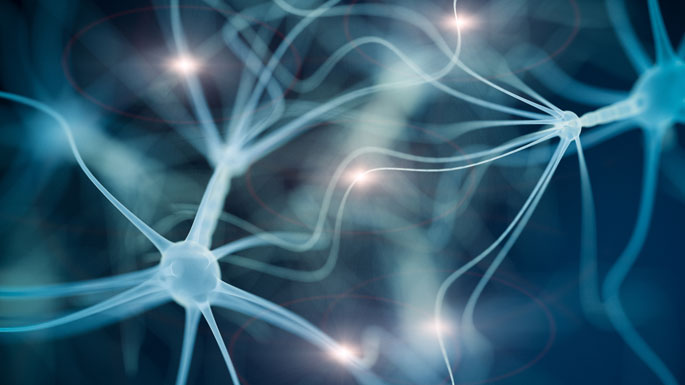
White matter and psychosis
The microstructure of white matter in the brain could be an important risk marker for psychosis, Vanderbilt researchers have discovered. Read MoreJan 27, 2022
-

Impaired neutrophils in autoimmunity
Vanderbilt researchers help answer the question of why patients with autoimmune diseases like lupus are more susceptible to bacterial infections: their neutrophils have impaired antibacterial activity. Read MoreJan 27, 2022
-

Study identifies molecular trigger of severe injury-induced inflammatory response
Vanderbilt researchers have discovered that early inappropriate activation of the enzyme plasmin caused by severe injury is a trigger of systemic inflammatory response syndrome and resulting organ failure. Read MoreJan 19, 2022
-

Ensuring the “best possible” medication history
About 80% of hospital admission electronic records were missing a drug prescribed to an older adult, Vanderbilt researchers found, highlighting the need for a multipronged approach to address medication discrepancies and support safe prescribing practices. Read MoreJan 18, 2022
-
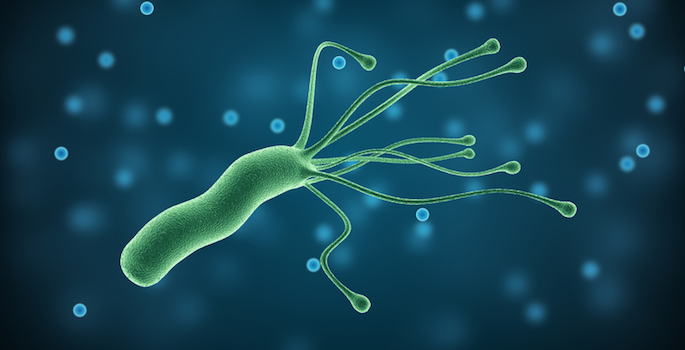
H. pylori, lipid loss and stomach cancer
H. pylori infection — a strong risk factor for stomach cancer — changes the composition of stomach lipids, which could offer new biomarkers for detecting premalignant changes, Vanderbilt researchers discovered. Read MoreJan 17, 2022
-
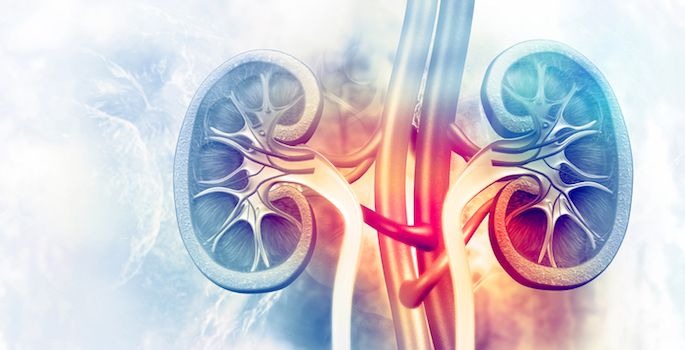
The role of integrins in kidney “integrity”
Receptors called integrins play a critical role in maintaining the structure of the kidney, Vanderbilt researchers have discovered. Read MoreJan 13, 2022
-

Salmonella overcomes host resistance
The invading pathogen Salmonella, a common cause of food poisoning, can change its metabolism to overcome host resistance to its colonization. Read MoreJan 13, 2022
-

Oral microbes and gastric cancer
Studies in three large population cohorts that include Asian, African American and European American people support a role for the oral microbiota — the collection of microbial species in the mouth — in gastric cancer development. Read MoreDec 13, 2021
-
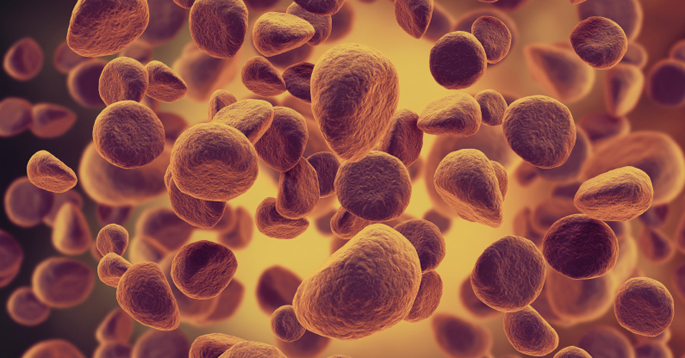
Cell signaling targets in leukemia
Vanderbilt researchers identified a critical role for IL-1beta signaling in leukemia cells with a certain mutation, suggesting this pathway may be a good target for novel treatments. Read MoreDec 9, 2021
-
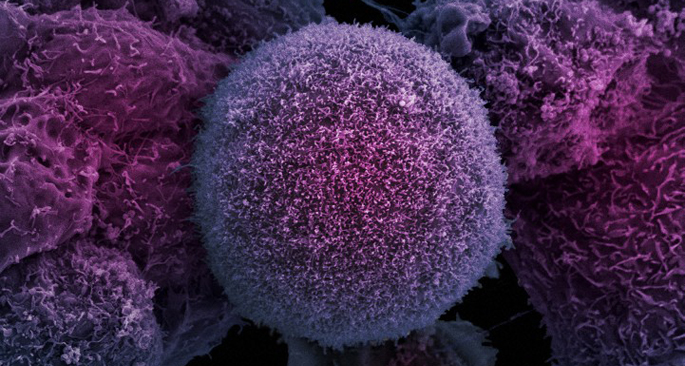
Prostate cancer treatment regret
Vanderbilt researchers suggest that to reduce treatment-related regret for men with localized prostate cancer, treatment preparation should focus on shared decision-making and aligning patient expectations with treatment toxicity. Read MoreDec 9, 2021
-

Chang receives $1.1 million grant to investigate brain-body connections, advance understanding of how brains age
An assistant professor of electrical and computer engineering has received a $1.1 million NIH grant to investigate brain-body connections and advance understanding of aging in normal and pathological brains. Catie Chang, assistant professor of electrical and computer engineering, leads the research team, which will focus on developing machine learning methods that can automatically reconstruct physiological... Read MoreOct 11, 2021
-
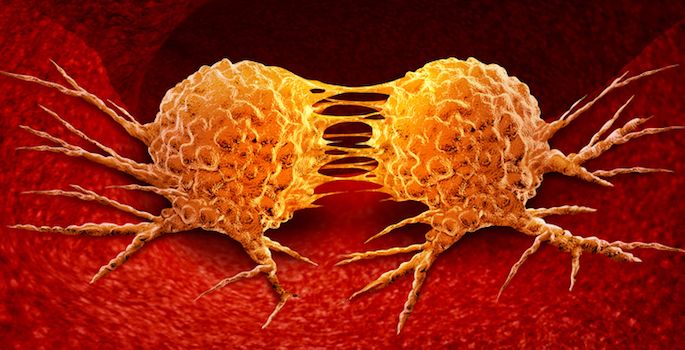
The role of polarity in early cancer
Mutations in the protein epiregulin, an EGF receptor ligand, affect larger epithelial cell reorganization and may contribute to early cancer development, Vanderbilt researchers discovered. Read MoreSep 21, 2021
-

Brain circuits in schizophrenia
Vanderbilt psychiatrists are probing brain circuit hyperactivity implicated in schizophrenia, with the idea that normalizing the hyperactivity may improve cognitive processes. Read MoreSep 20, 2021
-

Structural variants in breast cancer risk genes
Vanderbilt epidemiologists conducted in-depth whole genome sequencing of breast cancer risk genes in Black women, who die at higher rates and have more aggressive disease, to discover mutations that may improve testing and treatment selection. Read MoreSep 16, 2021
-

‘Pre-conditioning’ restores immune tolerance
A treatment targeting T-cell metabolism could reinvigorate immune tolerance mechanisms to combat autoimmune disease and transplant rejection, Vanderbilt researchers discovered. Read MoreSep 16, 2021
-

Team awarded $2.3 million NIH grant to evaluate new, more accurate ultrasound methods
New acquisition and reconstruction solutions for ultrasound imaging developed by a Vanderbilt team aim to fundamentally improve the ability to obtain high quality, clinically relevant images, especially in cases of heart disease. With a new, $2.3 million National Institutes of Health grant, the researchers will evaluate their advances on a specific subset of cardiac imaging... Read MoreSep 9, 2021